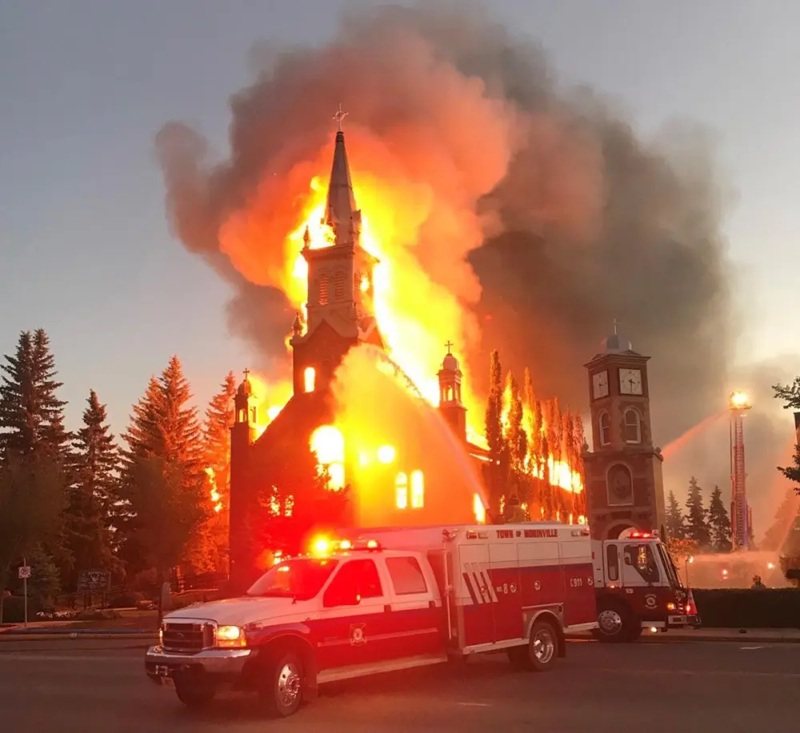This last week will be four months since the order from the Ontario government came into force to close down nine Supervised Consumption Sites (SCS) in the city of Toronto. This move reduces the number of such sites in the city to 10. Each of the sites closed down was identified as being within 200 meters of schools or daycares, and they have since been converted to Homelessness and Addiction Recovery Treatment (HART) hubs.
There has been an ostensible change in philosophy. SCS is focused on “harm reduction”, providing a place for people who are addicted to engage in their addiction without dying of an overdose; HART is focused on providing a means for people with addictions and homelessness to find help and change. The former is a short term solution, measured by the number of overdose deaths; the latter is a longer term solution, measured by the number of people who are on the way to a healthier lifestyle.
Between the two, the SCS has advocates who are more vocal and politically driven, and four months is far too short a time for those vying for HART to point towards strong tangible results. In four months, the number of overdose deaths has indeed increased, but not by the numbers expected. The number of people migrating to other SCS has increased slightly, and the number of people registered for HART has been steadily increasing. Meanwhile, neighbourhoods near the Supervised Consumption Sites that were once vandalized and burglared, and where lawns were sprinkled with syringes and drug paraphanelia are now slowly being cleaned up. Cautiously, those who want HART to work are saying that it is moving in the right direction.
As I read the results that are coming in, my soul aches over a system that has created addictions. Sin sits at the root of the poisoned tree. It is fed with violence, abuse, neglect, and brokenness; it is watered by lies and delusions of success, strength, comfort and belonging. Every fruit that is consumed brings death; every seed that it bears spreads more trees and thus more poison. And there is a forest of such trees that cover the earth.
It is true that Supervised Consumption Sites do not solve the problem. It does not prevent a person from choosing death but it prevents a person who is addicted from dying today. On the other hand, HART seeks to promote recovery from addiction, but the danger is that without dealing with the problem of sin, the forest of poisoned trees is an overwhelming burden, and society and politicians like a quick fix with less money.
I pray for the same patience of Jesus as He sat at the well speaking with the Samaritan woman (John 4:1-42). The passage reveals a woman who has hidden a deep addiction to relationships. She went from one relationship to another in search of comfort, belonging and security. And her serial marrying has turned into cohabitation. Then Jesus deals with her sin and calls her to yearn for Living Water in Him.
This is the true solution. All addiction seeks to quench a thirst that only Jesus can quench. All sin will kill, and only Jesus can make alive. As I consider these things, I pray that ww would be people of Living Water. Don’t get drawn into the debate of SCS or HART. Instead turn the conversation to Jesus. And pray that God will expose the root of sin to bring a person to salvation in Him.
Just Church
Our enduring mission at Just Church be people who will live the life of Christ, the Source of Living Water. And then through that life, bring people to life in Him: “The vision of Just Church is to establish a church in just the way Christ called the church to be – true to His Word, loving Him, loving one another, and loving the lost.”






